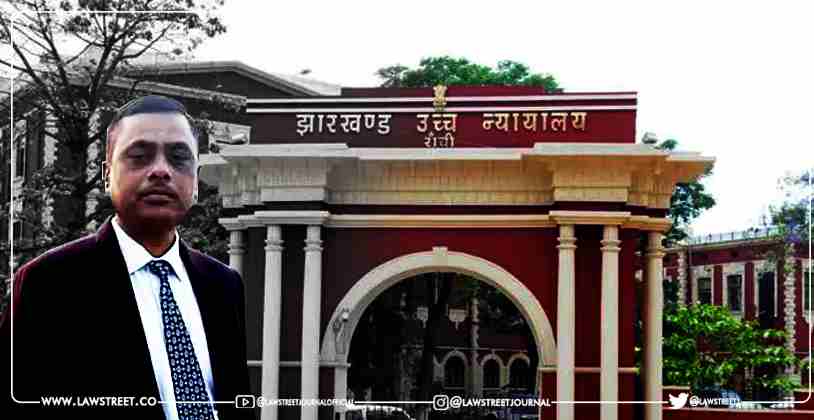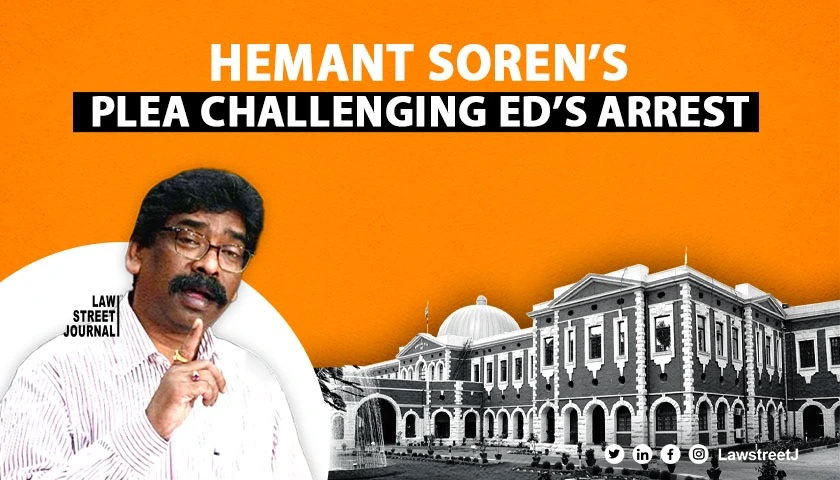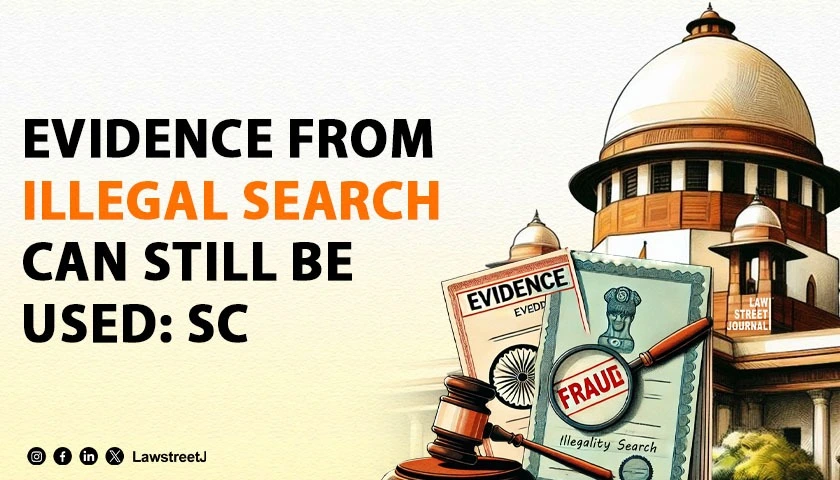Jharkhand: The Jharkhand High Court recently dismissed a criminal revision petition and upheld the conviction for assaulting police personnel during a procession.
The plea of petitioners about the non-examination of any independent witness cannot be sustained, and there is no requirement of law that conviction cannot be maintained on the basis of evidence of police personnel, who are also victims of the crime, the court held.
Facts
This was a Criminal Revision filed against the judgment of the Sessions Court, which had partly allowed the appeal of the petitioners against their conviction under Sections 323 and 504 IPC by the trial court. The petitioners were convicted for assaulting and obstructing police personnel while riding a motorcycle on the wrong side during a procession. The trial court had convicted the petitioners under Sections 323 and 504 IPC and sentenced them to 6 months imprisonment. The Appellate Court upheld the conviction under Section 323 but acquitted them under Section 504 and released them on probation under Section 3 of the Probation of Offenders Act.
Arguments
The counsel appearing for the petitioners argued that although a large number of the public were present at the time of the alleged occurrence, no independent witnesses were examined by the prosecution. They also contended that no specific overt acts were attributed to the petitioners separately, indicating who assaulted and gave blows to which police officer, and that no charge under Section 34 IPC was framed. Hence, both petitioners could not be convicted simultaneously.
Additionally, the petitioners argued that the exact words used by them, which amounted to intentional insult, were mentioned by many witnesses. Therefore, the Appellate Court rightly acquitted them of the offense under Section 504 IPC but erred in upholding the conviction under Section 323 IPC. It was claimed that the prosecution's story was not believable by any stretch of the imagination, as per the evidence of the witnesses examined.
On the other hand, the learned APP appearing for the state opposed the contentions raised on behalf of the petitioners and argued that there was no merit in the points of arguments raised on behalf of the petitioners. He also argued that the scope of revision is very limited in concurrent findings of the learned trial court and appellate court. Moreover, he argued that the petitioners have been treated very leniently and a sympathetic approach has been shown in their favour by the appellate court while extending the benefit under Section 3 of the Probation of Offenders Act, 1958, and releasing them after due admonition.
Hence, they argued that the impugned order does not warrant any interference and is fit to be dismissed.
Decision
The Court, after hearing both parties, held that the courts below have meticulously examined and appreciated the evidence of ocular witnesses and also held that the absence of independent witnesses does not undermine the validity of the conviction.
It further clarified that the testimony of police personnel, who were victims of the assault, cannot be discarded solely because of the non-examination of any independent witness, as there is no requirement of law that conviction cannot be maintained on the basis of evidence of police personnel.
The court further held that it did not find any perversity in the judgments of both the courts below and hence found no reason for interference by way of revision.
In conclusion, the revision was found devoid of merit and the petition was dismissed.




![Supreme Court Collegium approves new Chief Justices for five key High Courts in India [Read Recommendations]](/secure/uploads/2023/12/lj_8000_380d1135-6f3a-4988-a00a-4d5cd5901815.jpg)
!['Arbitrary, impermissible,' SC quashes HC's resolution raising aggregate cut off marks on district judges appointment [Read Judgment]](/secure/uploads/2024/02/lj_3605_Rule-for-Judge-Selection.webp)







